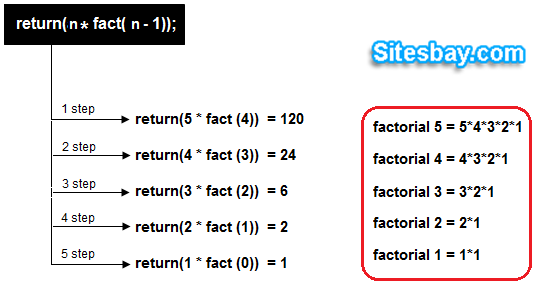-->

Terminates the execution of a function and returns control to the calling function (or to the operating system if you transfer control from the main function). Execution resumes in the calling function at the point immediately following the call.

Syntax
Nov 20, 2012 Yani Dev-C, bu kodlari kontrol edebilmek ve calistirabilmek icin, bu fonksiyonlarin tanimli oldugu stdio.h dosyasina bakiyor ve kontrol ediyor. Eger baslangicta bu dosyayi kullanacagimizi belirtmezsek, Dev-C bir yere bakmiyor ve bu fonksiyonlari tanimlayamadigi icin hata veriyor. Dev-C is not a compiler. It is an IDE. It does use some C compiler. A compiler is probably distributed with it, but the user can replace the compiler. C Structure and Function In this article, you'll find relevant examples to pass structures as an argument to a function, and use them in your program. Structure variables can be passed to a function and returned in a similar way as normal arguments. Nov 29, 2016 Hansoft is the agile project management tool for enterprise teams. Fast, efficient, and flexible, Hansoft empowers teams to collaborate more efficiently so they can advance together and build better products. Hansoft runs natively on leading operating sytems including OS, Windows, and Linux,. Sort an array of 0's, 1's and 2's in linear time complexity; Checking Anagrams (check whether two string is anagrams or not) Relative sorting algorithm; Finding subarray with given sum; Find the level in a binary tree with given sum K; Check whether a Binary Tree is BST (Binary Search Tree) or not; 101 Pattern Count.
Remarks
The expression clause, if present, is converted to the type specified in the function declaration, as if an initialization were being performed. Conversion from the type of the expression to the return type of the function can create temporary objects. For more information about how and when temporaries are created, see Temporary Objects.
The value of the expression clause is returned to the calling function. If the expression is omitted, the return value of the function is undefined. Constructors and destructors, and functions of type void,cannot specify an expression in the return statement. Functions of all other types must specify an expression in the return statement.
When the flow of control exits the block enclosing the function definition, the result is the same as it would be if a return statement without an expression had been executed. This is invalid for functions that are declared as returning a value.
A function can have any number of return statements.
Return 1 Dev C 2017

The following example uses an expression with a return statement to obtain the largest of two integers.
Example
See also
Dev C++ 5.11
Jump Statements
Keywords